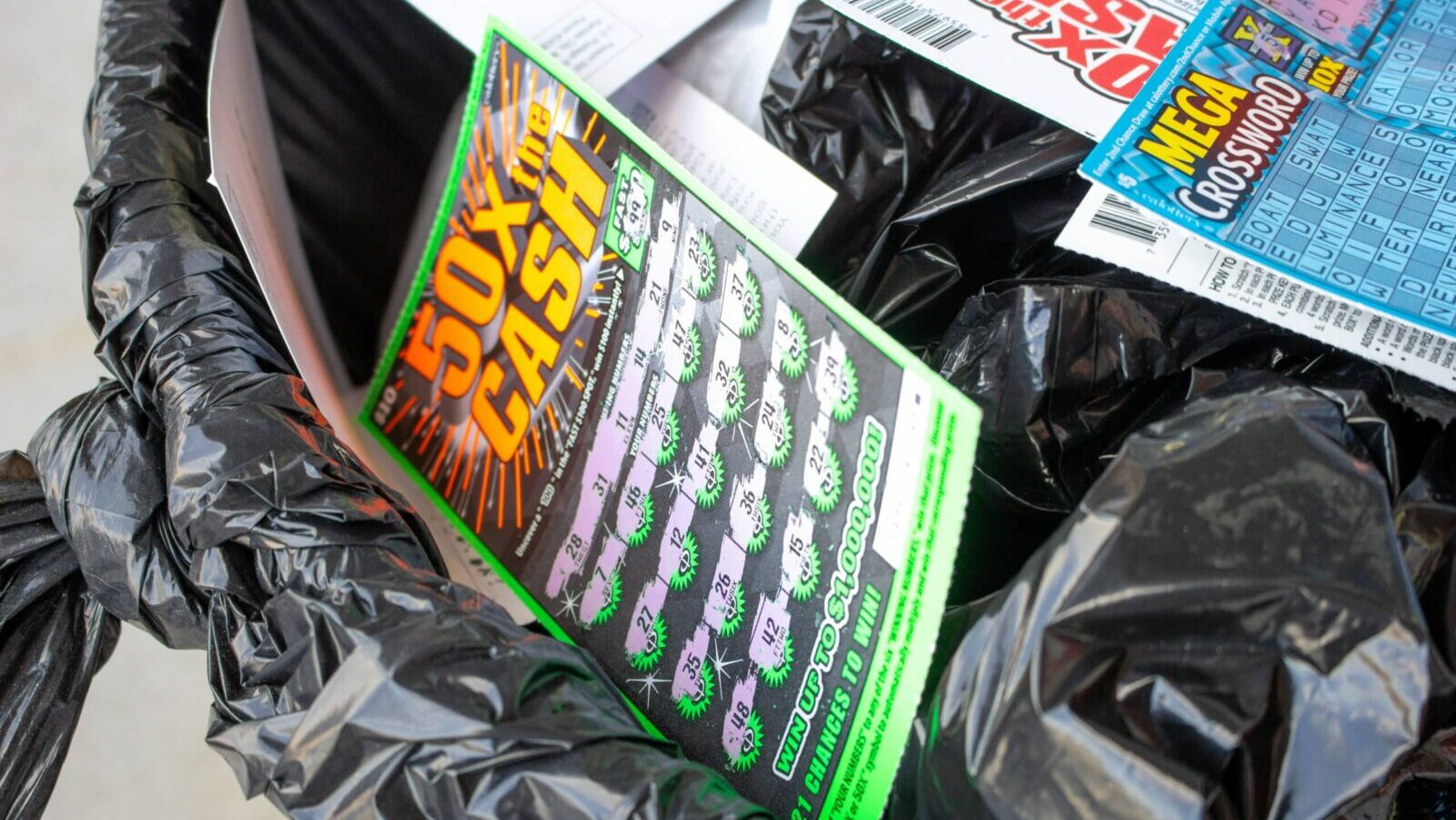Unclaimed Millions: Here’s What Happens When Lottery Winners Fail To Claim Their Fortune
“I like to think folks whose prizes who go unclaimed are never the wiser,” said California State Lottery spokesperson Carolyn Becker.
2 min

Late last year, someone entered the SK gas station in the Westdale neighborhood of Los Angeles and bought a lottery ticket that could have become life-changing.
By rule, the purchaser was allotted 180 days from the drawing on Dec. 12 to claim the winnings of $2.94 million. Once the deadline passed, the ticket would be rendered worthless and any attempt at a payout would be denied.
Fast-forward to a few days shy of the drop-dead date of June 7. The California State Lottery blasted out a press release and posted on social media that the prize remained unspoken for. While the lottery’s alert qualified as news, it also was intended as a heads-up to whoever possessed the ticket.
And it generated the usual speculation among lottery and non-lottery players alike: Why has anyone not fetched the bounty? Could the ticket — heaven forbid — have been lost or misplaced? Is the owner even aware of it?
California State Lottery spokesperson Carolyn Becker would rather believe anyone in such circumstances is unaware of having acquired the ticket.
“I like to think folks whose prizes who go unclaimed are never the wiser,” she said.
Fortunes fumbled
A fortune has been lost by ticket holders who’ve not cashed them in.
In California alone, an annual average of $40.6 million over the past decade has been left on the table, with the previous two fiscal years reaching highs of $57.7 million and $51.8 million.
The worth of this latest California ticket is dwarfed by a few others. Around the turn of the century, a pair of SuperLotto Plus rewards for $28.5 million and $25 million went unreturned.
Elsewhere, a Powerball ticket sold in 2011 in Georgia that would have enriched the possessor by $77 million vanished into the ether. An unfortunate soul missed out on $68 million in New York’s Mega Millions jackpot 22 years ago.
Lottery operators would like to see every winning ticket cashed. When the time limit for claiming a high-value one approaches, “We try to say it as loudly as we can,” Becker said.
Who benefits?
In California, as in many other states, some constituents — namely, educators — might prefer the officials keep quiet to increase the odds of tickets going unclaimed. If that happens, those dollars are directed entirely to public schooling, which is the beneficiary of the state’s lottery.
The Golden State’s program produces a bit under 1.5% of all education funding, with about four of every five dollars targeted to kindergarten through 12th grade. But the money that winds up with schools via unclaimed tickets is nothing to sneeze at: in excess of $1.1 billion since the lottery launched in 1985.
As for the retail outlet that sells the winning tickets, it has no vested interest in whether they are claimed. The vendor receives a bonus either way, equal to 0.5% of the prize, capped at $1 million.
In the last few years, the risk of losing a physical ticket has been reduced by the rise of online lotteries. There are 17 states with authorized iLottery products, and others that don’t permit iLottery but do allow online courier services like Jackpocket, Jackpot.com, or Lotto.com to purchase tickets for online customers.
A ticket bought through the online lottery can’t be misplaced, and if a ticket bought through a courier were to somehow get lost, at least there’s a digital record of the purchase.
In short, the lengthy history of money lost because a ticket went missing makes a strong case for using the iLottery options where available.
The story is not quite over yet
Did the holder of the slip of paper valued at $2.94 million fail to turn it in by the cutoff date, after which no exceptions can be considered?
For now, California State Lottery cannot say for certain. Someone could have barely beaten the deadline by appearing at one of nine lottery offices to file a claim and word might have not reached the headquarters.
Or the ticket could have been dropped in the mail, and the envelope is moving at a snail’s pace.
However, as Becker pointed out, there is a slim chance of either scenario playing out.
Perhaps as remote as you or me buying a lottery ticket that becomes worth millions.









